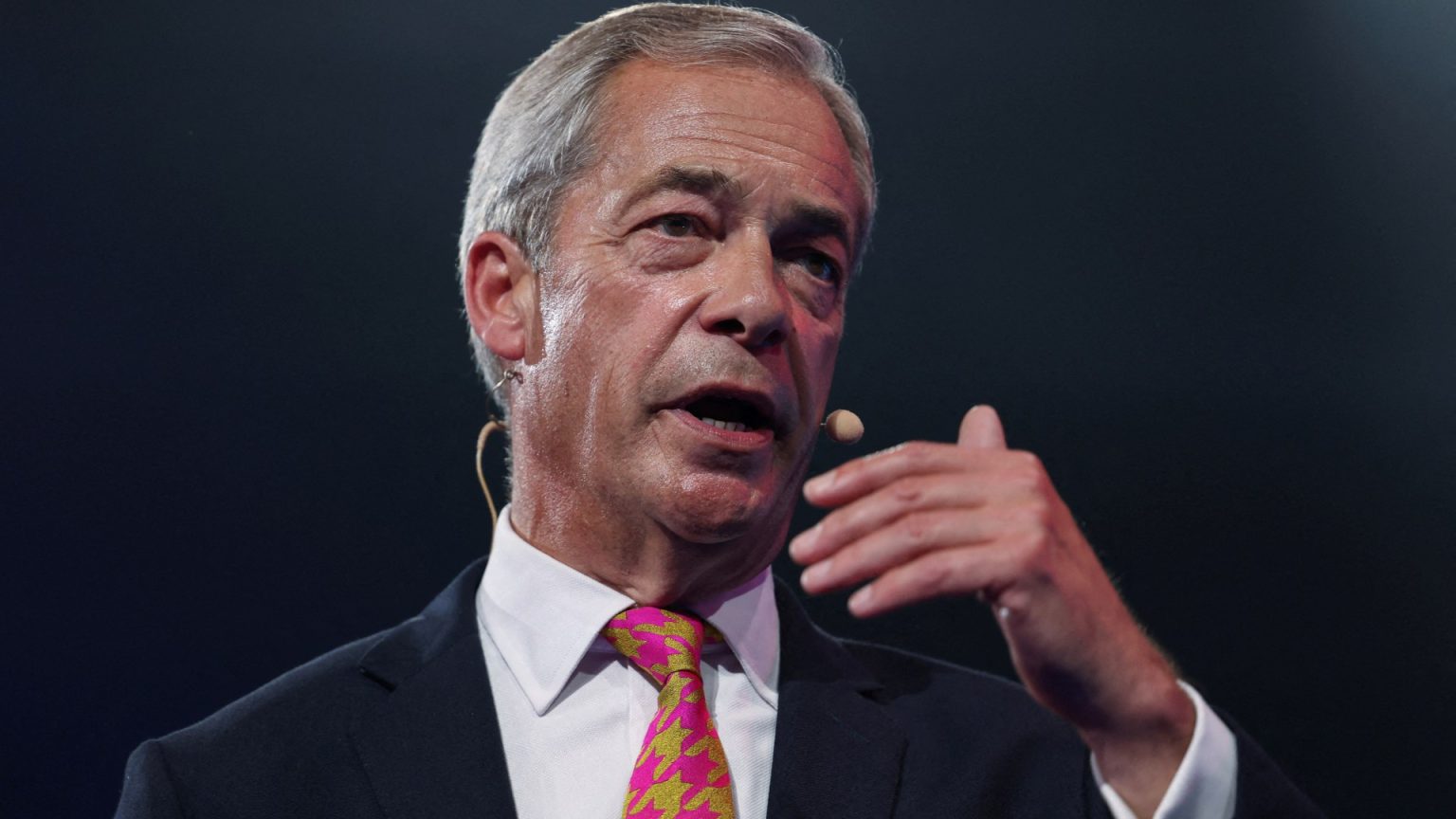A recent mega-poll conducted by More in Common, a prominent think tank, has painted a dramatic picture of the potential political landscape in the UK, suggesting significant gains for Nigel Farage’s Reform Party at the expense of Labour and to a lesser extent, the Conservatives. If the current voting intentions were translated into a general election, the Reform Party would experience a surge, capturing an additional 67 seats, primarily from Labour, and raising their total to 72 seats in the House of Commons. This would position them as the third-largest party, sending shockwaves through Westminster and potentially destabilizing the current political order.
Labour, under Keir Starmer’s leadership, would suffer a substantial blow, losing not only seats to the Reform Party but also shedding seats to the Conservatives and the Scottish National Party. The poll indicates a potential loss of 87 seats to the Conservatives and 26 to the SNP. This electoral bloodbath would drastically reduce Labour’s representation in Parliament, leaving them with 228 seats, although still the largest party. The Conservatives would trail closely behind with 222 seats, creating a highly competitive and fragmented political arena.
The ramifications of such a result would be far-reaching, potentially ousting several high-profile figures from the Labour cabinet. Angela Rayner, the Deputy Prime Minister, Ed Miliband, the Energy Secretary, and Yvette Cooper, the Home Secretary, are all projected to lose their seats to the Reform Party. Even Wes Streeting, the Health Secretary, is predicted to be unseated, albeit by an independent candidate. This level of turnover would necessitate a significant reshuffling of the Labour leadership and could potentially trigger a leadership challenge for Keir Starmer.
While the Conservatives wouldn’t experience the same level of losses as Labour, the rise of the Reform Party would significantly complicate their path to power. A fragmented political landscape with three major parties vying for dominance would make forming a majority government considerably more challenging. This could lead to unstable coalition governments or minority governments reliant on precarious alliances, potentially leading to legislative gridlock and political instability.
It’s crucial to understand that this poll is a snapshot of current voter sentiment and not a prediction of the next general election outcome. With potentially four and a half years remaining until the next general election, much can change. However, the poll underscores the increasing fragmentation of British politics, a trend that has accelerated since Labour’s victory in the July election. This mirrors political developments in other European countries like France and Germany, where establishing clear parliamentary majorities has become increasingly difficult.
The surge in support for the Reform Party, as indicated by the poll and corroborated by the party’s recent membership growth, signifies a potential realignment of the political landscape. Nigel Farage’s resurgence, fueled by concerns surrounding immigration, economic anxieties, and a perceived disconnect between the electorate and the established political parties, presents a formidable challenge to both Labour and the Conservatives. The coming years will be crucial in determining whether this trend solidifies or whether the established parties can regain the trust and support of the electorate. The poll serves as a stark warning to the established parties that they need to adapt and address the underlying concerns fueling the rise of alternative political forces, or risk further fragmentation and potential electoral upheaval.




